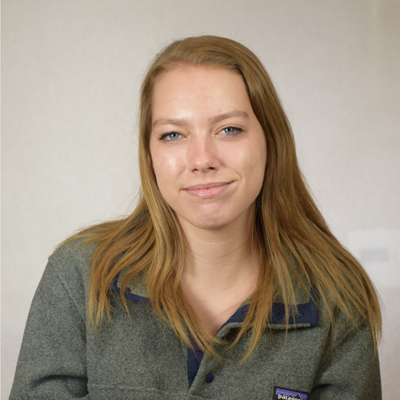Novice Author Pens 60,000 Word Novel
December 3, 2015
Junior Meera Rames wrote her first novel, Of Penitence and Sin, in a school-wide writing competition 2 years ago.
At Ramesh’s old school in Knoxville, Tennessee, students participate annually in the National Novel Writing Month (NaNoWriMo), a writing project which encourages participants to reach a daily goal of 1,667 words and a final goal of 50,000 words for the month of November.
“They had a writing group that does it every year. It’s more like you have a bunch of people doing it in the same place, so you can say ‘I’m above you, I’m next to you,’’ explained Ramesh. “It gives you motivation. After a while you’re like ‘yes, I actually have to do this.’ This year I fell behind but I wrote something last year and then I wrote the novel the year before that.”
“I was just like ‘oh, I kind of like writing stories. Maybe I’ll try writing a big one.’ And then you just kind of feel like ‘I have to make this mark every day,’ and there’s the motivation of the whole thing,” she said.
According to Ramesh, her “short, fantasy sci-fi” novel isn’t a full book. “It’s about 60,000-ish words. The average sci-fi novel is about twice that amount. Usually romance novels are about that amount, but its not a romance novel,” she said.
“It’s about angels and demons. There are these fallen angels that are trying to redeem themselves and they’re saving, I guess, this person,” Ramesh explained. The main character is Peter, a fallen angel. “It mostly centers from his point of view and it’s about his struggles about being good and bad.”
“Usually you write the story you want to hear,” said Ramesh of why she chose this plot. “I always have lots of story ideas, usually from popular culture. I’ll see something and I’ll think ‘oh, that would make a cool story.’”
Ramesh reached the 50,000 word goal for November, and spent the next month revising. “The whole point of NaNoWriMo is not to get quality stuff down, it’s just to get something down and then go back and edit it and add or subtract. The month after is called the month of editing, so I added 10,000 to 15,000 words. You cut some other chapters and stuff like that,” she said.
Ramesh’s father published her book as a Christmas gift. “You submit it to an agency and they’ll read over it and you pay to get so many copies and you give them to sell from other places. Apparently it’s on Amazon and somebody read it and commented. They just said it was a ‘nice afternoon read’ and I was like ‘oh, that’s great.’ I haven’t looked since then,” she said.
“I was very young when I did it and I was like – I didn’t really know anything about plot structure or people when I did it,” Ramesh said. “You learn a lot more technique [in Honors English]. When I wrote this, I just sort of threw everything out there and ignored grammar and all those things, but when you learn the technique you can understand how writing a story really works, technically speaking.”
Ramesh said she would encourage others to participate in NaNoWriMo. “It’s really fun; it sounds hard, but it’s fun,” she said. “It’s difficult because you wake up early or go to sleep late. You have to cram your homework. I used to write it in class because I’d bring my laptop with me and if we had time I’d just sneak in a few words on the side.”
“I think once you hit the 50,000 words at the end of NaNoWriMo you get this feeling of satisfaction and then again when I’m handed a copy of my book.”
